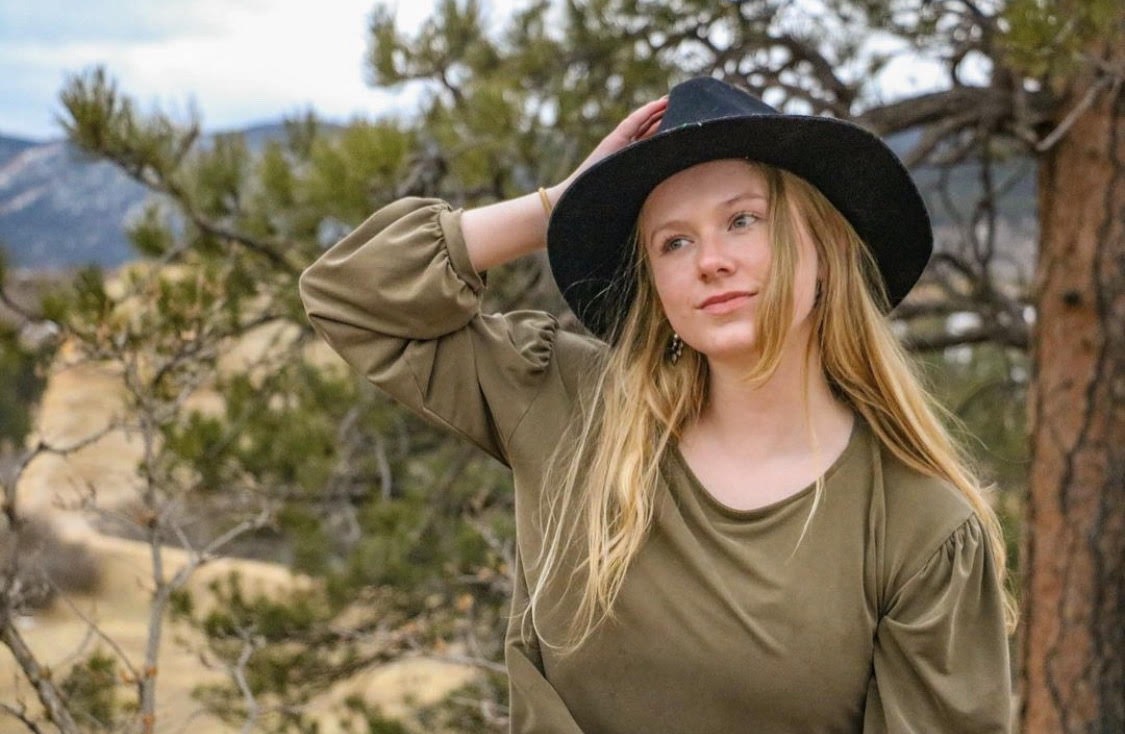|
Iliana Schiffelbein – Colorado
Photography by Everyday Moments Photography Hi my name is Iliana Schiffelbein and I am a member of Inspiring Teens Magazine issue 68. My parents have both worked in the field of criminal justice my entire life. Because of this I have always been interested in things regarding law and investigations but the area that appeals to me the most is forensic science, which is the use of scientific principles to testify and provide evidence in a court setting. Some examples of forensic science include DNA analysis, blood-stain pattern analysis, and taking fingerprints. All of the data gathered can give an investigator an idea of what happened at a crime scene. I have interviewed investigators in the past about this topic including a 12 year homicide detective who explained it as a puzzle where all the pieces are there but you don’t know what the picture looks like so you just have to go through everything meticulously and try and fit information together. Every piece of information is critical to a case so we need exact processes and science to help a person to collect everything and make sure that nothing is overlooked. For example if we are investigating a robbery and we miss one set of fingerprints we may miss out on the fact that there were two suspects involved. It is also important to have a scientific basis in court cases because people have the ability to lie but when done right the science will never. Unfortunately, sometimes details can be missed and a large cause of this is confirmation bias, which is where a person thinks one thing happened and will subconsciously only look for the information that applies to this scenario. Because of this it is always a good idea to have multiple people look over the same scene. Forensic Science is also highly debated in court as it pertains to its accuracy. The information at the scene will always paint an accurate picture but user error does occur like in everything. A CSI that I previously interviewed talked about how experience and proper procedures help to minimize these errors but courts also must be aware that these people are only human and making one mistake does not deem everything as faulty evidence. Regarding experience, forensic science has gained a bad reputation in the past because of the people that have been chosen to testify as an expert. To gain this title one only has to know more than the average person which means that, technically, I could testify which I personally do not think makes much sense. If we have more people with more training and certifications as witnesses maybe forensics would not have such a bad reputation. It is also very important to understand how the media portrays forensic science as well as criminal investigations and how this differs from what actually happens in real life. Sometimes TV shows technology that does not technically exist in real life leading juries to be confused or even suspicious of investigators on occasion. Jobs, such as a CSI and detective, are also very taxing and people tend to go in with a false idea of what they will be doing, leading to high job turnover and overworked employees. As it pertains to me, I have done a couple studies about forensic science. One of these was about bloodstain pattern analysis and how different angles affect the way that a blood stain appears. The other was a report on how the general public perceives investigations and forensic science, particularly regarding media portrayal. I would love to do something in this field as an adult and love that it is something that I can connect with my family over. Thank you Inspiring Teens Magazine for allowing me to share this topic that I love so much!
0 Comments
Leave a Reply. |
AuthorWrite something about yourself. No need to be fancy, just an overview. Archives
June 2023
Categories |


 RSS Feed
RSS Feed